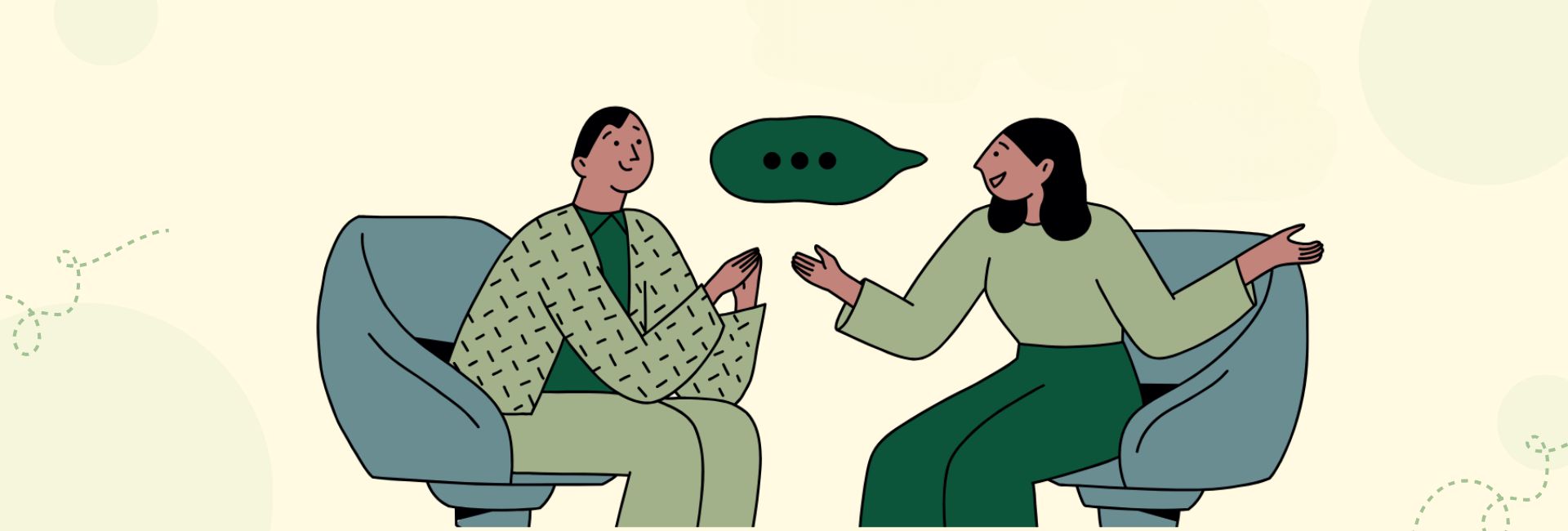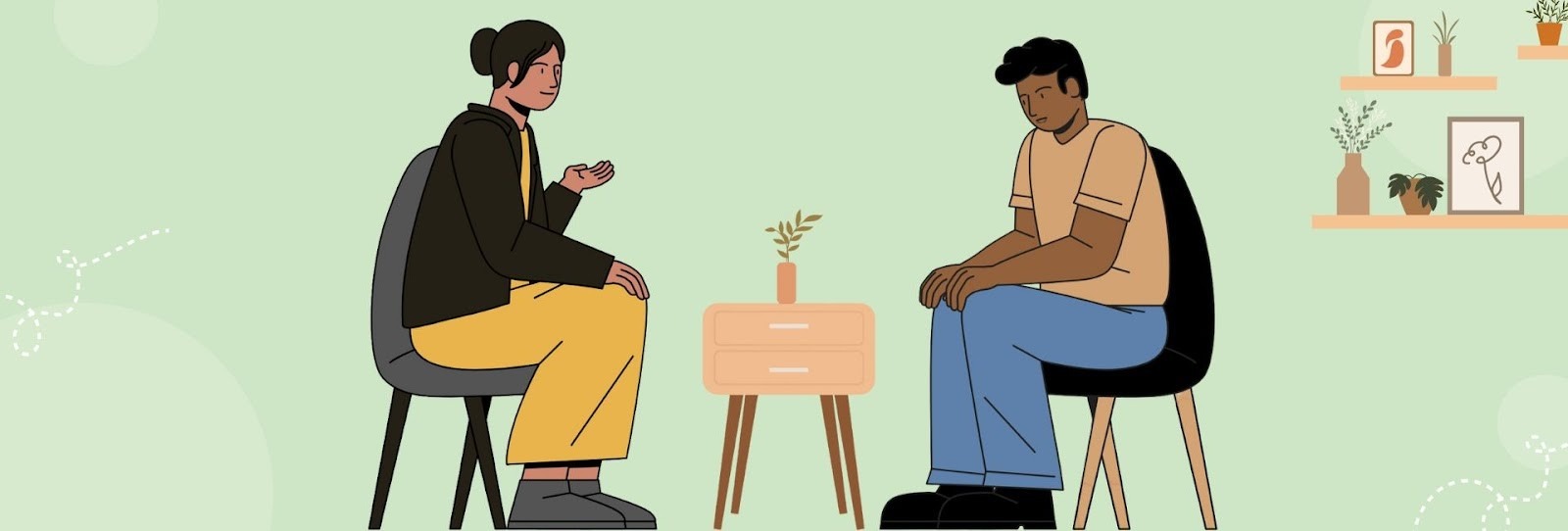Mental health has never been a more important topic in today’s world, and yet, there are still many misconceptions and myths surrounding therapy, particularly in India. With a growing number of people seeking to manage their emotional well-being, it’s important to understand the truth about therapy and how it works. In this blog, we’ll debunk five common myths about therapy in India and help you understand why therapy is a valuable and effective tool for personal growth and self-care.
Myth 1: Therapy is only for people with severe mental health conditions
One of the most common misconceptions about therapy is that it is only for people with mental health issues. In reality, therapy is an effective tool for managing a variety of issues, both big and small. From managing anxiety and stress to dealing with relationship issues and career challenges, therapy can help people find clarity, develop coping mechanisms, and improve their overall quality of life. Therapy is also a space to just talk about things and get an emotional release. Many times we know exactly how to help ourselves but are unable to act on it. Therapy can give you that little nudge that might help you take the first step forward towards your wellbeing.
Myth 2: Therapists are judgmental and unsupportive
Media often portrays therapists in cold offices, with large chairs, unsmiling and giving a judgemental nod. Nothing could be further than the truth. It’s important to remember that therapists are trained professionals whose job is to help people. At Untangle, we take special care that our clients are made to feel comfortable by the entire staff and our therapists are particularly trained to be friendly, non-judgemental and strength focused in their interaction with clients. Therapy is more than just the techniques, therapy works because the relationship between the client and therapist fosters a safe space that aids healing and growth.
Myth 3: Therapy is expensive
Many people shy away from therapy because they believe it is an expensive option. While that is partially true, therapy is also available at a wide range of fee and depending on your budget, if you plan it right you can find the right therapist for yourself. If you are seriously considering therapy then plan a budget in advance and put aside that amount as your self care budget. You could also check if your practitioner provides any packages, discounts or has a sliding scale.
Myth 4: Therapy takes too long to work
Therapy is a journey that is different for everyone, and it can take time to see results. However, therapy is designed to meet a person where they are at and work towards progress at a pace that is comfortable for them. It is important to remember that there are no quick fixes and often working with a therapist regularly over a longer period of time can lead to the most significant growth and change.
Myth #5: Therapy is not confidential
This myth is particularly dangerous as confidentiality is crucial in therapy. Confidentiality is one of the core pillars that helps create a safe space for the client. Every therapist must follow strict confidentiality guidelines. They cannot disclose anything about the client sessions (including a client’s identity) to anyone without their client’s written consent, ensuring clients’ privacy at all times. Yes, there are exceptions to this clause when confidentiality will be breached but that will be only to the emergency contact provided by the client and will be done so only when the therapist feels that the client is at a high risk to themselves or someone else.
In conclusion, it’s important to remember that therapy is an accessible and effective tool for managing a wide range of mental health issues. It’s normal to have concerns or misconceptions about therapy, but by debunking these common myths, hopefully, more people will feel empowered to seek help and prioritize their mental well-being. Remember, you don’t have to suffer alone, and there is always help available if you need it.


